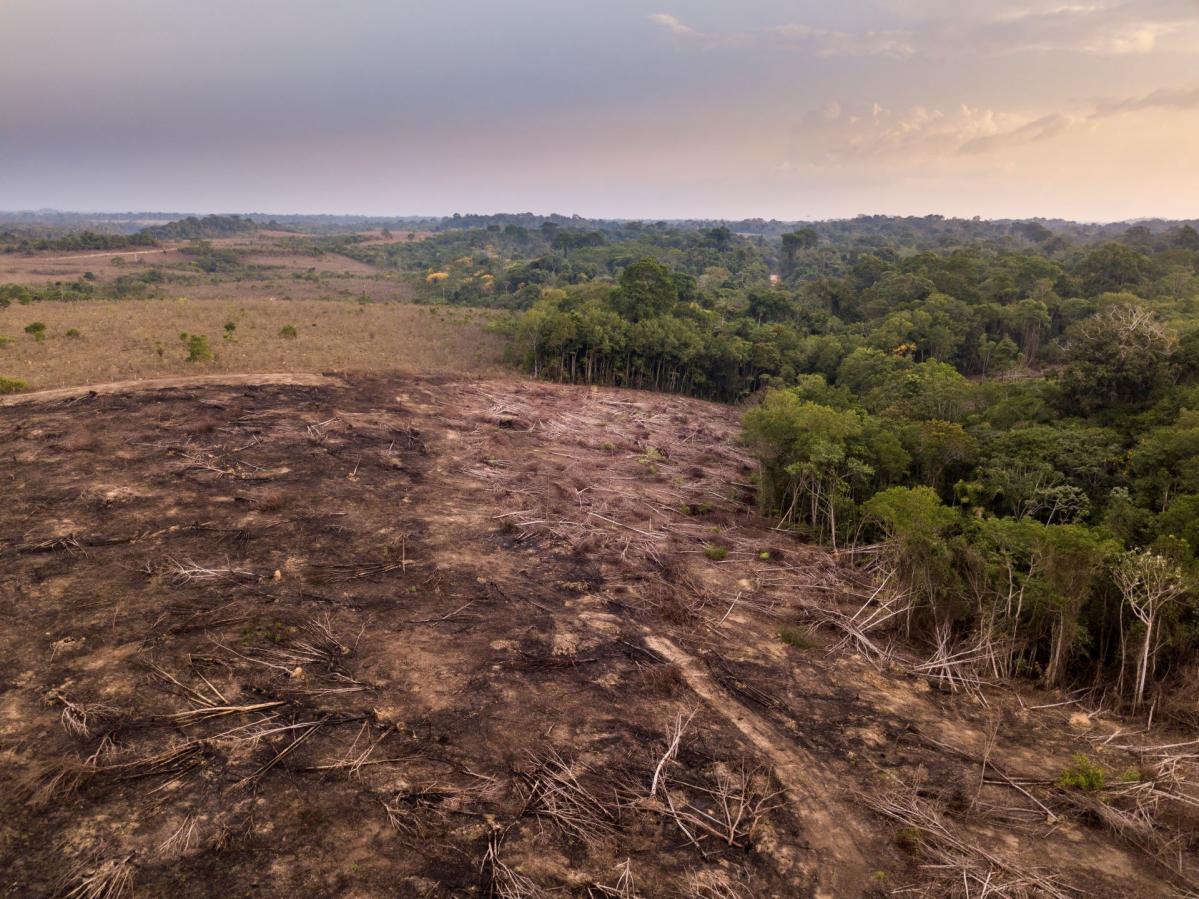It has been 20-years since I’ve run a climate model, so it has taken me a while to read the latest Hansen et al paper, “Global warming in the pipeline” but that was time well spent.
http://www.columbia.edu/~jeh1/Documents/PipelinePaper.2023.07.05.pdf
First a brief summation of the paper. Then some personal comments.
It is quite a sweeping tour de force of the subject, 64-pages in all. Of this 47-pages are the core material, the first 44 of which are very succinct and well set out scientific statements coupled with a historical account of where the errors and unknowns are buried in past work. The last 3 pages are policy and political proposals that are less convincing and remind me that Hansen the activist is less welcome than Hansen the scientist. There then follow 9 pages of supplementary material that is interesting, and after that the citations.
The core results in a very convincing history-matched model of 66-million years of recent climate history, the Cenozoic era using some newly revised key terms in the model.
Rather unfortunately the implication is that the 450ppm CO2 that seems already baked in will in turn yield an approx. 2.5C temperature rise by 2050, and a likely long run rise of 10C with a concomitant loss of most (if not all) of the Antarctic and Greenland ice sheets.
Hansen opines that the loss of the ice sheets and the associated 60m sea level rise is not baked-in and proposes a mixture of policy options and technology solutions to avoid this. That opinion runs counter to the science & policy history he himself set out in the paper and it is worth a good look at the long-run history where 450ppm spans the onset of the Antarctic ice sheet.
There is another paper provisionally called “Sea level rise in the pipeline” in preparation. Given the very acerbic – and imho correct – comments that Hansen makes re the censorship, blackballing, gradualism etc operating in IPCC that will make for interesting reading.
=======
Now for my comments.
I am not the right person to critique the science presented, and without an IGCM to play with I cannot explore the implications. However I can talk about the energy/carbon input implications.
I am not at all surprised that humanity has made very little quantitative progress on carbon emissions in the last 30-years as there simply has not been the political will to do so, indeed the vested interests have been in no doing so. Hence the last 35-years of very considerable carbon emissions now in the system. Nuclear has for many reasons been a sideshow, and unlike Hansen I think it will remain so. However there has been considerable qualitative progress to the point where the renewables options are now making considerable material difference in carbon emissions because they are cheaper than the corresponding fossil options over the full lifecycle. Increasingly the upfront cash cost disadvantage is diminishing and they are therefore making up a substantial amount of the new energy use capacity that gets installed each year, to the point where “peak fossil” is likely to happen at some point in the next few years, most probably in 2024-2025.

Once at peak fossil the normal commercial/economic incentives combine in a virtuous cycle with fossil fuel reservoir depletions and equipment obsolescence so as to drive the global energy system very rapidly towards near-full electrification and near-full decarbonisation. This is because it is then cheaper to go to renewables and electrical technologies than to stay with fossils and thermal technologies. Very quickly developing new oil & gas reservoirs, or new coal fields, becomes highly unattractive.
A side effect of this is that energy consumption reduces in “direct” terms, because the concept of thermal efficiency is no longer useful, even though total energy consumption rises as the population grows, and per capita continues to rise as the individual humans become wealthier.
Of course this only works with very large scale storage deployments, nevertheless these are far smaller than the extractive (mining) that currently takes place in the fossil fuel industries.
Not all fossil extraction is used as energy, and there are some energy uses that may be more problematic to eliminate than others. The most important ones are aviation fuels; primary steel coal use; petrochemicals; and fertiliser. Rather unhelpfully the IEA has withdrawn their Sankey diagram tool (
Energy Sankey – Data Tools - IEA). Petrochemical use is 12% of global oil & gas demand including fertiliser production (
The Future of Petrochemicals – Analysis - IEA) further quantified in (
https://www.researchgate.net/public...m_Fossil_Fuel_Feedstocks_to_Chemical_Products). Primary steelmaking uses 12% of global coal (
Coal demand share worldwide by sector | Statista ). Aviation and shipping represent 8% and 7% of global oil consumption (
Fuels in Aviation and Shipping) . Also of course there is the cement industry emissions. Various approaches can reduce these substantially and I personally need to do more to understand this area’s materiality in the global emissions.
Nonetheless directionally my own forecasting suggests that the vast bulk of human emissions can be substituted by non-fossil sources, which my own modelling suggests would be some 90% by 2040 on the basis of the observable trends and rates of change in those trends, combined with identifiable constraints. This gives rise to some hope.
=========
What I am unclear about is to what extent that then might give a survivable outcome for humanity if it is then just left to run to equilibrium conditions, and over what timescale this might come to pass. The key issues being temperature rise and sea level rise; with further issues of extreme weather events incidence increasing; and possible breakdowns of ocean currents leading to even more dramatic events, e.g. some modelling has an AMOC (Gulf Stream) failure in approx. 2050,
Warning of a forthcoming collapse of the Atlantic meridional overturning circulation - Nature Communications
The Hansen paper suggests that the rates may be about to speed up as the lags get worked out of the system. They then go on to suggest further interventions – both atmospheric carbon extraction; and insolation reduction strategies (aerosols; mirrors). But are these required ?
There used to be large scale ‘toy’ IGCMs that one could run in a Windows environment. That might be the next step for me.
===========
Q1. Comments welcome.
Q2. Anyone hereabouts got a basic IGCM for me to play with ? Ideally Windows ....
PS. A helpful sea level rise tool is this one :
Flood Map: Elevation Map, Sea Level Rise Map










/cloudfront-us-east-2.images.arcpublishing.com/reuters/K357GCN7PZP2NPF7ZFSN2F2GZA.jpg)